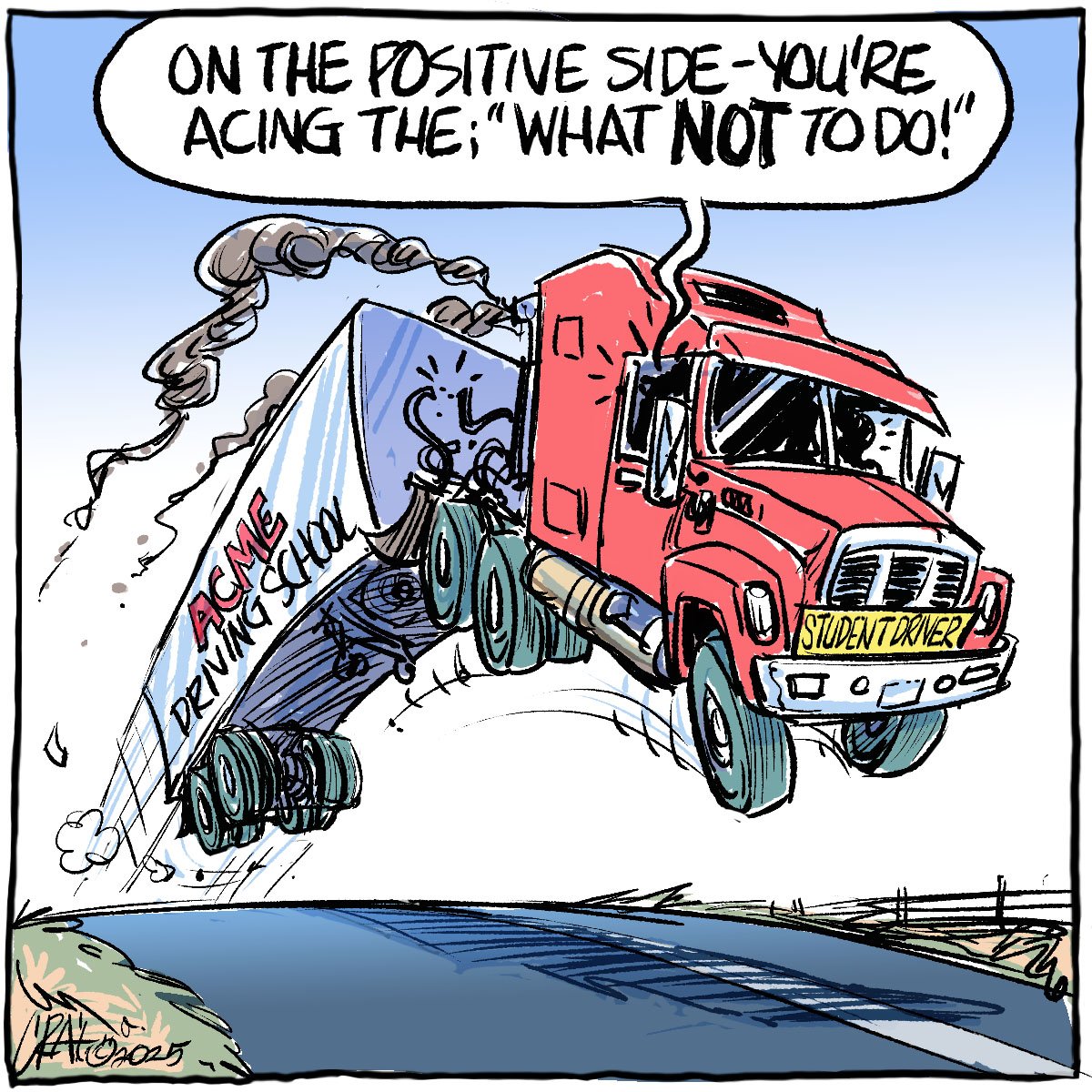The public pressure campaign on provinces, notably Manitoba and Saskatchewan, to accept the federal changes to AgriStability has gone up a level.
But there are no signs the strategy is working.
It’s clear the federal government and some provinces are hoping the changes will be accepted sooner rather than later.
At a Nov. 27 online meeting with her provincial and territorial counterparts, federal agriculture minister Marie-Claude Bibeau put an offer to the provinces she hoped would reform business risk management’s biggest irritant, AgriStability.
Read Also

Efforts to improve trucking safety must be applauded
The tragedy of the Humboldt Broncos bus crash prompted calls for renewed efforts to improve safety in the trucking industry, including national mandatory standards.
Bibeau’s offer was to continue splitting the bill of the program 60-40 with the provinces, while at the same time increasing the overall cost of the program by making it easier for producers to access, and paying them more when they do receive a payout.
Prairie provinces were concerned immediately after the offer was made.
Manitoba has been the most vocal opponent. Saskatchewan and Alberta have concerns, too.
The cost is largely driving the disapproval, but there are some who believe AgriStability should be scrapped altogether and replaced with a more effective program.
With Ontario, British Columbia, Prince Edward Island and Quebec on board with Bibeau’s plan, it makes sense why a pressure campaign is being put on the prairie provinces.
Approval from two out of three prairie provincial governments is needed for the changes to go forward, and it is producers in those provinces who stand to benefit the most from AgriStability changes.
The longer this drags on, the longer it will take for payments to be made retroactively to 2020.
Bibeau made as much clear in a recent letter to the provinces, where she outlined her hope a response would be received by the end of January.
While some people have suggested that is a deadline, it is unfair to propose the federal offer will suddenly expire. There is no indication Bibeau is dealing in ultimatums here.
Her letter clearly didn’t get the response she was looking for, however, which is why the campaign went public.
Ottawa co-ordinated with Ontario, responsible for co-chairing the federal-provincial meetings, before sending a joint-press release Jan. 19 urging “all provincial and territorial ministers to support the proposed changes.”
Ernie Hardemann, Ontario’s agriculture minister, is well-positioned to be a consensus builder.
By partnering with Ontario, and by extension the other “in” provinces, Bibeau is attempting to show a united front to the prairie provinces.
The federal Liberals are also demonstrating the issue extends beyond party lines: conservative governments outside of the prairie provinces, and the B.C. NDP government, support the plan.
Bibeau’s office even enlisted the efforts of former Liberal cabinet minister Ralph Goodale, who penned an op-ed spelling out the case for accepting the deal. Saskatchewan’s government is closely allied with many of the same people who worked to vote out Goodale in the 2019 election, but his voice still carries weight.
Several lobby groups, including the Canadian Federation of Agriculture, put in efforts to echo support for Bibeau’s plan, further increasing the pressure on the “out” provinces.
However, there is no sign the pressure campaign is working.
Saskatchewan and Manitoba say they are still considering the proposal. Saskatchewan has requested another meeting with Bibeau and the provinces.
Bibeau is believed to be open to meeting again.
If that happens, it will be the latest in a few dozen meetings held to fix AgriStability.
No pressure.















